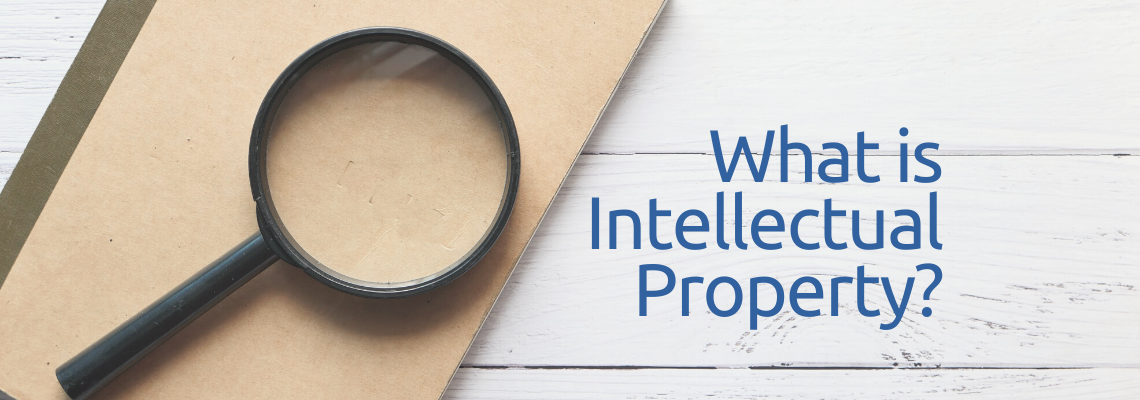
The definition of Intellectual Property (IP) is the ownership of ideas, such as your trade secrets, your creations; it could be a new invention, a new design, or even a new brand. There are various types of IP available and is an important asset in the knowledge of today’s economy. Some of the IP rights require a process of application, examination and registration.
Registering and managing your IP rights ensures that you receive the best protection and get the most out of your idea, creation or invention. It is also important when establishing your product or service as this will reduce the chance of your products or services being replicated and passed off as those of a rival trader.
The Companies and Intellectual Property Commission (CIPC) administer the following IP domains in South Africa:
- Trademarks – which identifies the particular goods/services of a trader as distinct from those of other traders. This includes a company’s name, logo, catchphrases etc. The owner of a trademark has the exclusive rights to use, sell or licence the trademark.
- Patent – This protects how an invention functions or works such as new and useful inventions whether it may be a new construction method, building material formulation, power tool component, or renovation technique. Patents allow the owner to stop other traders from manufacturing, using, copying or selling the device or process. The owner has the exclusive right to use, sell or license the invention
- Designs – the visual appearance of a product is protected but not the way it works, such as kitchen appliances, fashion items, etc. The owner has the exclusive right to use, sell or license the registered design
- Copyright – this protects certain types of works such as Literary works; Musical Works; Artistic works; Cinematographic films; Sound Recordings; Broadcasts; Programme-carrying signals; Published editions and Computer programs. This can also range from designs, layouts, blueprints, and other aspects of the manufacturing process which can often be copyrightable. The owner has the exclusive right to use, sell or license the copyrighted work.
Most IP rights are extremely territorial, which have to be dealt with in each territory where you intend to trade. If you have a patent, trademark or design granted in South Africa, it will only be valid in South Africa.
Contractors have a very intricate job that consists of a lot more than physical labour; the construction work that we see is the last step. In the early stages of a project, partnerships are formed with specialists, suppliers, subcontractors, and therefore proper protection is a must. Architectural copyrights is a perfect example as these copyrights can cover blueprints, technical design documents and more, these rights are usually attributed to the architect or engineer. From initial designs to all the calculations and specifications required, there are many forms of IP in any kind of construction project. IP protection is something that should concern anyone involved in the construction industry.
When it comes to the construction industry, you won’t just be protecting your designs and ideas, but also protecting methods of building, machinery used and materials. It is important to know how to protect your IP so that others won’t profit from your hard work.
Sources
CIPC
BDC Magazine
To view more Articles, please visit our Leads 2 Business Blog.
If you are interested in becoming one of our subscribers, please visit Leads 2 Business.
To view notes with screenshots on how to use our website, please visit Leads 2 Business Wiki.
About Nadine Vermeulen
I started working at Leads 2 Business in October 2014 in the Leads 2 Quotes Department. I managed all the Daily Tender Bill Requests and followed up on BoQ's for our Daily Tender Subscribers. In 2017, I was promoted to L2Q Assistant and now work with Bill of Quantities for Contractors. 🙂
- Web |
- More Posts(14)

